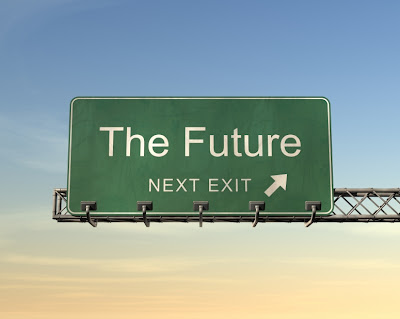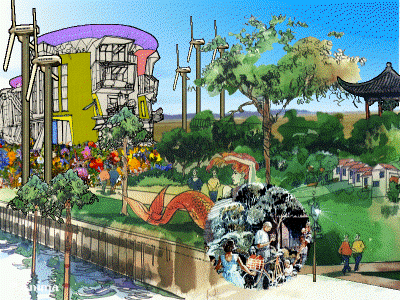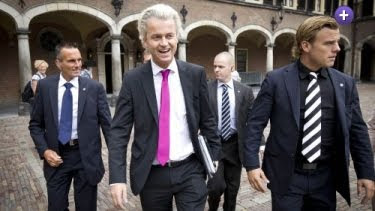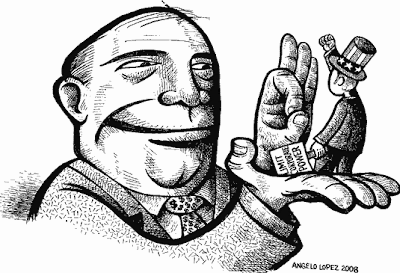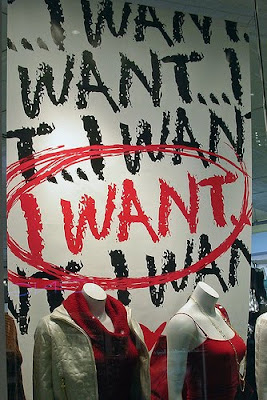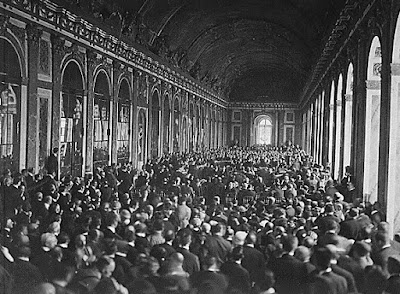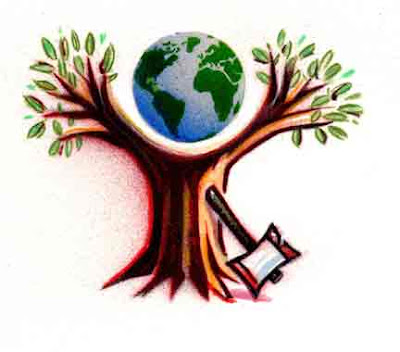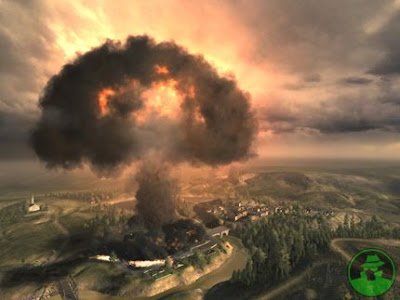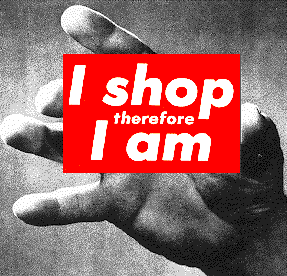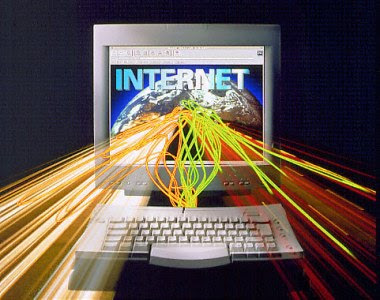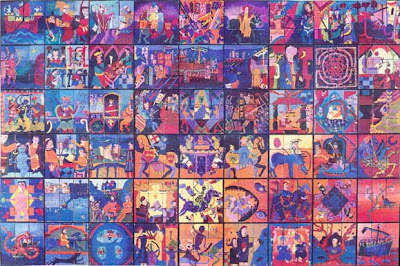
A new Bible should start with the origin of life and the evolution of species
The Bible has been a one-off historic accomplishment without precedent and most likely without any legendary literature of similar magnitude ever to follow. One could argue that only the Koran comes close but then, the Koran was largely drawn from Biblical resources.
Of course we could think of new religions in the distant future which feed on legends of their own making. They would however have to compete with the kind of factual records of history that Biblical writers lacked from the time of Abraham well unto the early years of Christianity. The absence of a mature historic tradition established the Bible’s immediate credibility as a historic document and as a source of religious inspiration.
In the mean time history and archeology have either corroborated Biblical claims of truth, sometimes only contextual, or they have added substantive question marks to them.

Especially the Roman Catholic tradition has been very keen, throughout the centuries, to defend both the factual truth of the Biblical accounts and its own authority in their interpretation. Even in hindsight we can still ask why. What interest did Rome have in its vehement assertion that Earth stood at the center of the Universe rather than being a mere planet circling an accidental sun in a vast galaxy? The answer has been obvious, for acknowledging this would principally undermine God’s unique position in the process of Creation. The same is true for accepting the facts of Earth’s geological history and the origin of life.
However, even though this position may seem evident, we might also argue that knowledge about the position and the origins of the Earth, including the origin of life, could have been around at the time that the Bible was written and still, God could be placed at the center of it. But this is only true if, at least in its contemporary use, the Bible is most of all seen as a metaphorical source of truth rather than a source of real facts. Even so, many Christian believers remain keen to know the ‘reliability’ of the Bible as if only factual accuracy can persuade them to appreciate the Bible’s underlying messages. The ongoing debate in certain circles, especially in the United States, between “creationists” and “evolutionists” reflects an extreme example of an unnecessary antagonism.
At the same time, and perhaps only to underscore the last observation, our geological and biological knowledge has been vastly extended over the centuries, but this hasn’t as yet solved every mystery. The spectacle of our Universe and the detailed view we have of its evolution still leave many questions unanswered. Moreover, the processes which led to the advent to complex living organisms have been unraveled only to a point. There remains an instant of ‘creation’ of which science might never fully uncover its actual nature.
Given above, I see no basic contradiction between accepting the fruits of discovery and science on the one hand and nourishing a belief system that embraces the concept of divine creation on the other – of one so wishes. It follows too that – in my view - ongoing efforts to disprove one with arguments of the other are futile if not outright ridiculous.

Should everything therefore remain where it is? First of all, there is no reason for any religion to adopt history or science as its foundation. Truth is a very broad concept if only it isn‘t used in absolutist terms. But, secondly, I believe that any religion could draw many salient points at the heart of human morality from them and add a broader sense of purpose or meaning to them. Neither can be provided by science or by any ‘knowledge’, not even at a distance.
People have a choice to embrace (or not) a religious impulse in their lives to provide these underlying answers. The ‘reliability’ of biblical stories or similar books nor the debate about the factual history of our planet will ever satisfy them in this respect. I am tempted to say, on the contrary. Facts are arbitrary and never absolute. It is what we make of them that counts.
But even this may not suffice to broaden our perspective in addressing prevailing conflicting claims of religious versus secular antagonists. They may well never be resolved as long as their arguments fly cross-purpose from one side to the other. There may well be as many good arguments to re-design the concept of religion as those relating to the scope and implications of science.
One can not expect that such a process would readily arise out of the established traditions on either side, even less so given the present-day persistence by which certain religious leaders and scientists profess their certainties.
But we could also say that it is a people’s choice. We could make it a collective project, to write a new book of human inspiration, the assembled wisdom of all humanity. I, for one, would take the logic and the beauty of evolution – such as the fundamental urge to live that we share with all other living things, plants and animals – as its basic premise.
The more I think of it, the more I believe this is a good idea.
